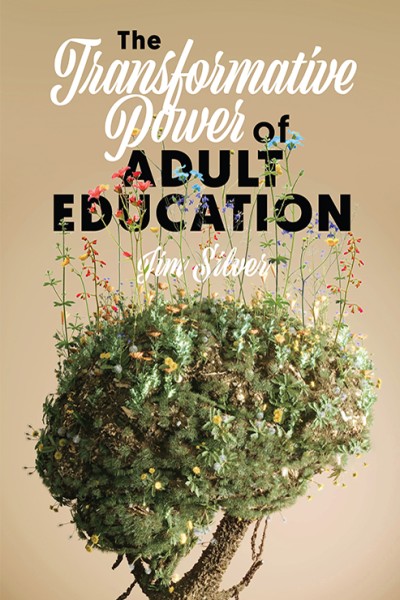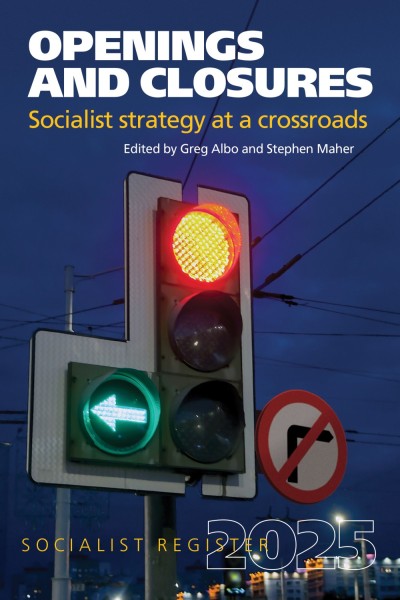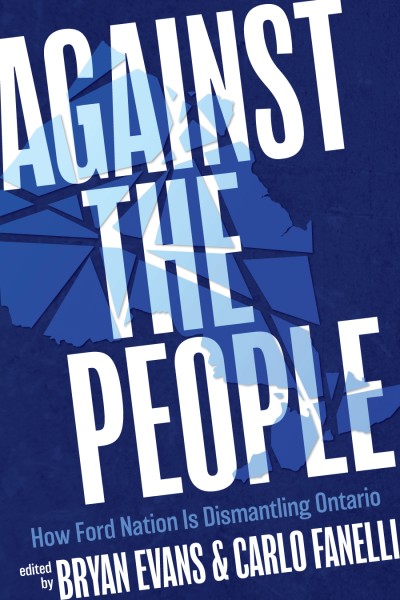
Calculated Kindness
Global Restructuring, Immigration and Settlement in Canada
Using case studies with immigrants, this collection dispels the myth that immigration policy in the global North is inspired by generosity rather than by economic and demographic interests.
About the book
It has often been the perception that Northern states admit immigrants out of generosity, offering security and shelter to people forced from their own countries because of political and economic circumstances. This collection–based on case studies with immigrants–quickly dispels this myth. Immigrants are admitted to serve economic or demographic interests. They also serve to pay back the receiving countries’ own historical and political indebtedness. It is the North that both produces and regulates the migration flows, and it is the North that reaps the benefits. Northern migrants to the South, generally, improve their careers and livelihood, whereas migrants from the East and West regress.
How does Canadian society fare when placed within a global background? The immigrant case studies in this book–Ghanaian women learning English, migrant women sex-workers in our cities, foreign-trained professionals, East Asian women and sexual harassment, and Canadian aid workers in the South–all contribute to perform a reality check for the notion of Canada as a “caring and sharing” country.
Contents
- Introduction (Rose Baaba Folson and Hijin Park)
- Representation of the Immigrant (Rose Baaba Folson)
- Productions and Patterns of the Migrant Body (Archana Sharma)
- Education and Training Options for Immigrant Women in Canada (Martha Donkor)
- Language as Symbolic Domination Within Immigration Policy (Eve Haque)
- Unwanted in Paradise (Ruth Magaly San Martin)
- Racialized Sexual Harassment within a National and Global Context (Hijin Park)
- Highly Skilled and Under-Theorized (Bonnie L. Slade)
- Shifting the Paradigm (Nupur Gogia)
- Islamic Fundamentalism, Globalization and Migration (Alireza Asgharzadeh)



_cover-FINAL_400_600_90_s.jpg)



_cover_REV_400_600_90_s.jpg)





